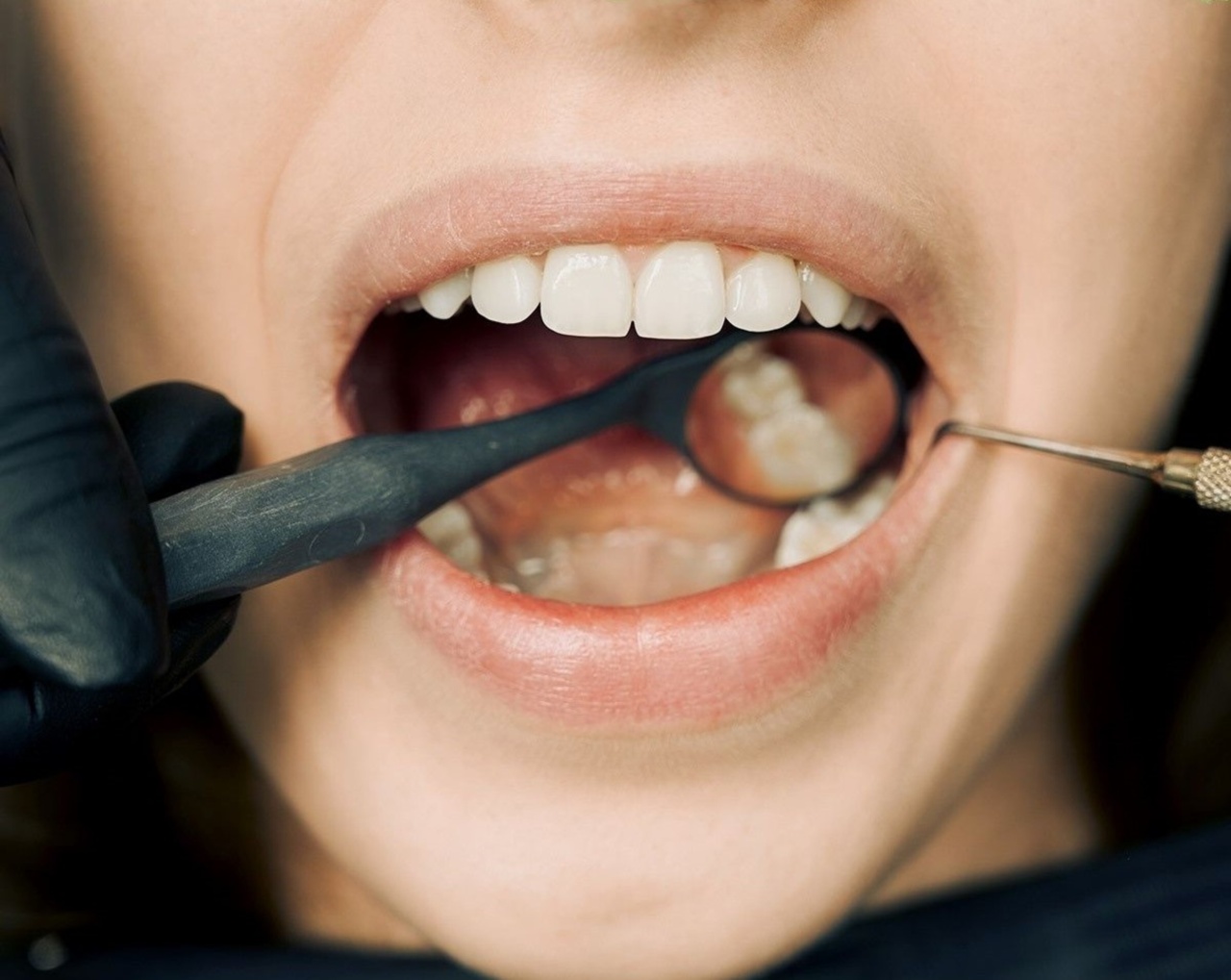Pregnancy is a special time in a woman’s life, but it can also bring about various oral health challenges. Hormonal changes during pregnancy can increase the risk of gum disease and tooth decay.
Additionally, morning sickness and cravings for certain foods can impact dental health. However, with some simple steps and good oral hygiene practices, you can keep your teeth and gums healthy during pregnancy. Here are 10 tips to help you maintain optimal oral health during this special time.
1. Schedule a Dental Checkup
Prior to conceiving or as soon as you find out you are pregnant, schedule a dental checkup with your dentist. This will help identify any pre-existing oral health issues or potential problems that may worsen during pregnancy.
Inform your dentist about your pregnancy so they can take necessary precautions and ensure the safety of any treatments.
2. Maintain Good Oral Hygiene
Brush your teeth at least twice a day with fluoride toothpaste and a soft-bristled toothbrush. Floss daily to remove plaque and food particles from between your teeth.
Good oral hygiene practices are crucial for preventing gum disease and tooth decay, especially during pregnancy.
3. Use a Mouth Rinse
Consider using an antimicrobial mouth rinse recommended by your dentist to reduce plaque and gingivitis-causing bacteria. This can be a beneficial addition to your daily oral hygiene routine during pregnancy.
4. Watch Your Diet
Proper nutrition is not only important for your overall health but also for your dental health during pregnancy. Include a variety of foods rich in vitamins and minerals, such as calcium, phosphorus, and vitamin C.
These nutrients are essential for strong teeth and healthy gums.
5. Limit Sugary and Acidic Foods
Avoid excessive consumption of sugary and acidic foods and beverages, as they can contribute to tooth decay and enamel erosion. Instead, opt for healthier alternatives like fresh fruits, vegetables, and dairy products to satisfy your cravings.
6. Stay Hydrated
Drink plenty of water throughout the day to maintain good oral health. Water helps wash away food particles and neutralizes acid in your mouth, reducing the risk of tooth decay.
7. Chew Sugar-Free Gum
Chewing sugar-free gum after meals can help stimulate saliva production, which aids in washing away food debris and preventing tooth decay. Look for gum containing xylitol, a natural sweetener that has been shown to reduce the risk of cavities.
8. Manage Morning Sickness
If you experience morning sickness and frequent vomiting, rinse your mouth with water or a fluoride mouthwash afterward. This helps to neutralize stomach acid that can erode tooth enamel.
Avoid brushing your teeth immediately after vomiting, as the abrasive action of toothbrush bristles can further damage softened enamel.
9. Inform Your Dentist About Medications
Inform your dentist about any medications, including prenatal vitamins, that you are taking during pregnancy. Some medications can affect your dental health or interact with dental treatments.
10. Practice Stress Management
Stress during pregnancy can contribute to oral health issues, such as gum disease. Practice stress management techniques like meditation, deep breathing exercises, or prenatal yoga to promote overall well-being, including your dental health.


























